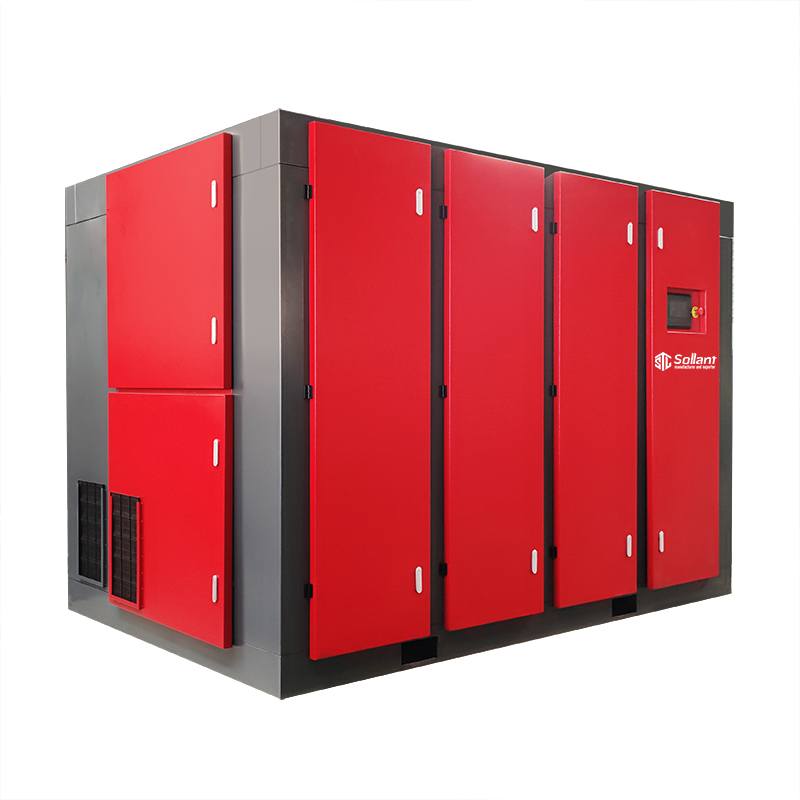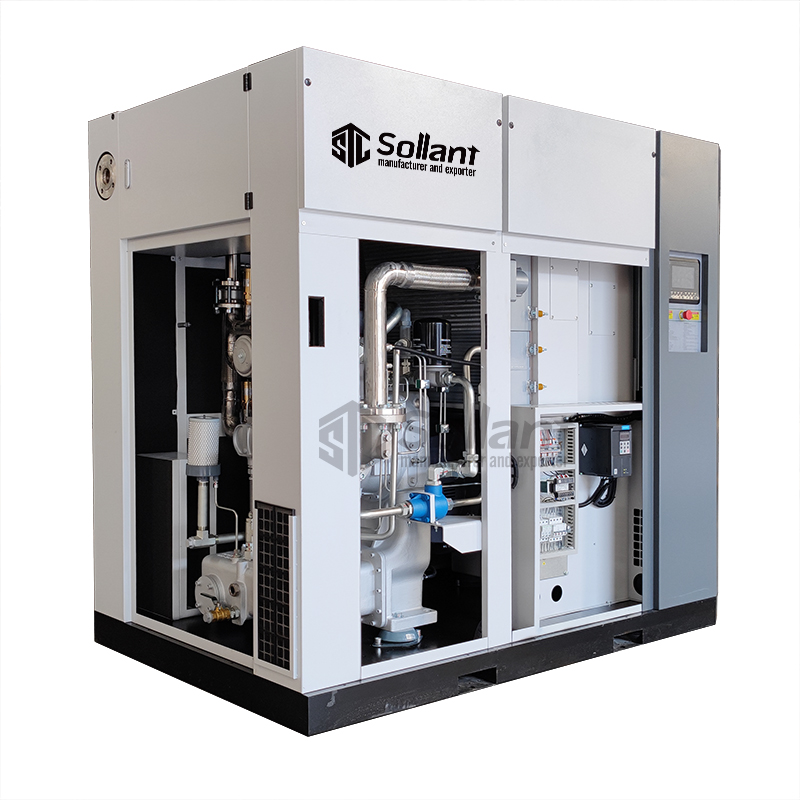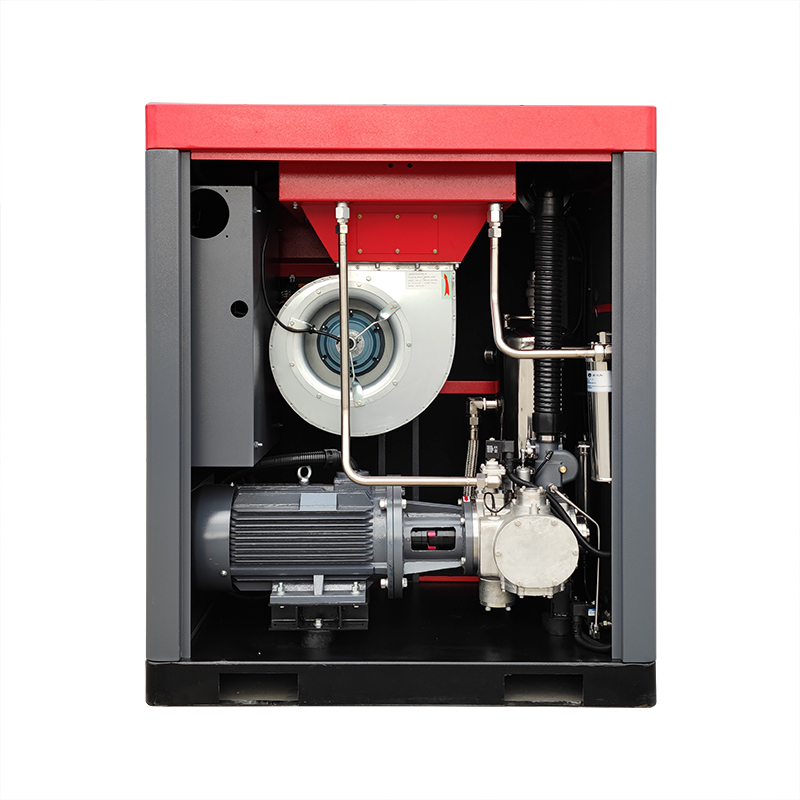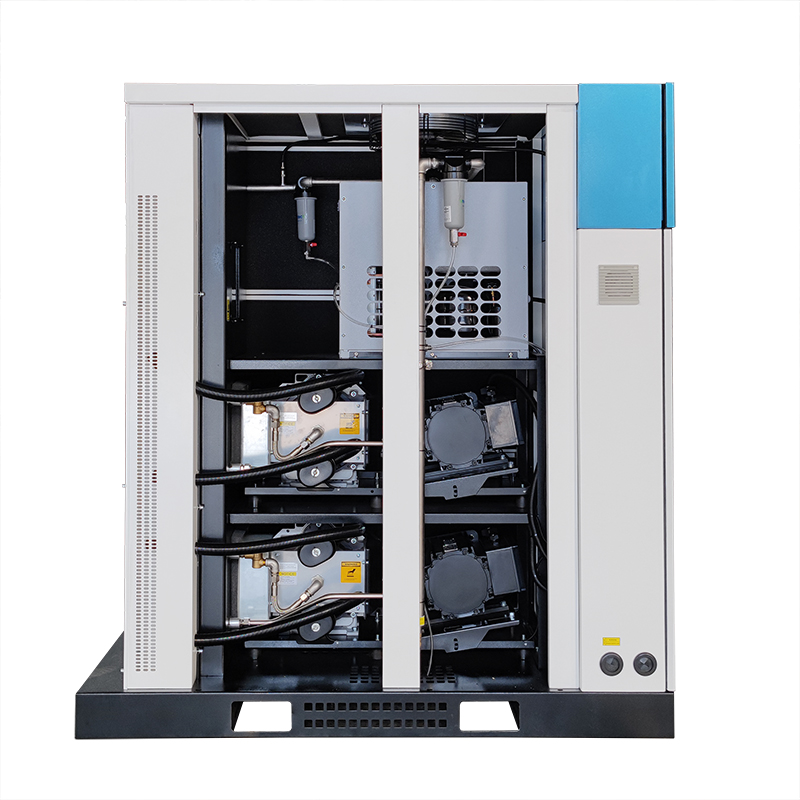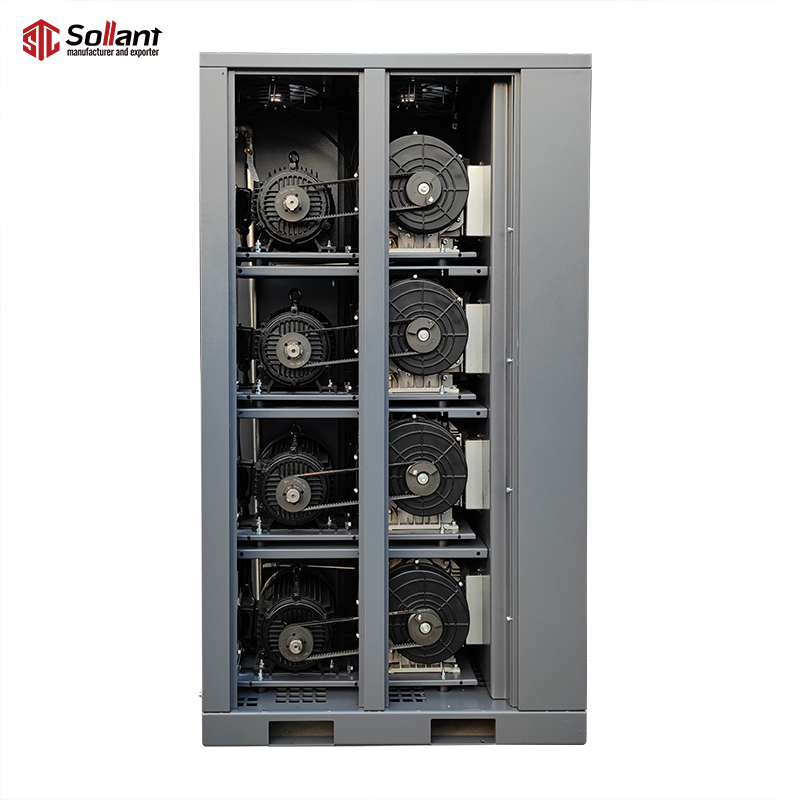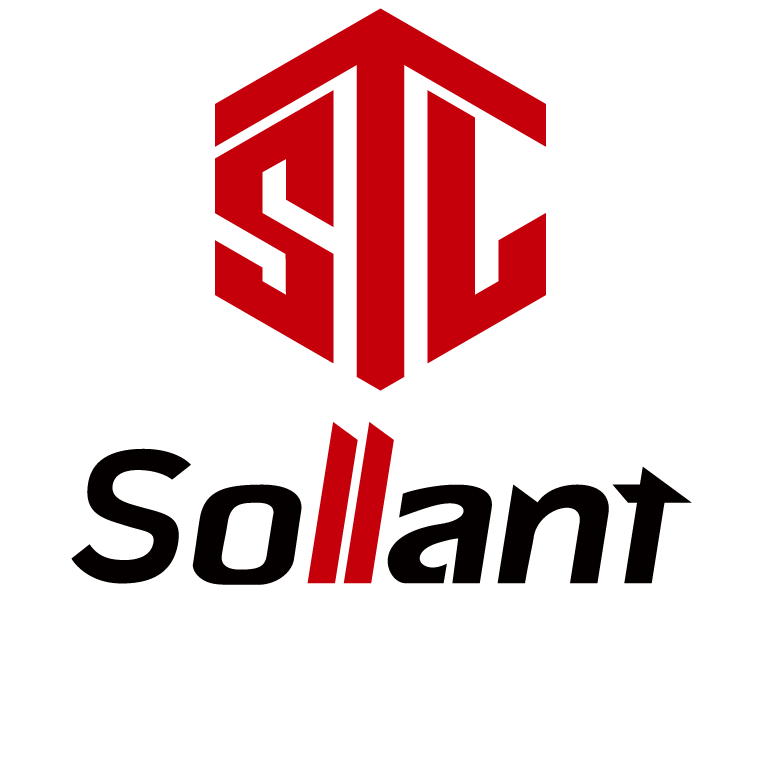Compressed air stands as an indispensable force driving the machinery and processes across a wide spectrum of industries. From manufacturing and healthcare to food production and electronics, its versatility and power have rendered it a backbone of modern industrial operations. As industries continually strive for enhanced efficiency, reduced environmental impact, and improved operational reliability, a notable shift is being observed – a transition towards the adoption of oil-free air compressors, a pioneering technological advancement that reshapes the landscape of compressed air technology.
In this era of sustainable practices and technological innovation, the rise of oil-free air compressors marks a pivotal moment in the progression of industrial equipment. Unlike their lubricated counterparts, oil-free air compressors eliminate the need for lubricating oil within the compression process. This revolutionary shift not only addresses concerns related to air quality and contamination but also fosters energy efficiency and minimizes maintenance complexities. With these attributes, oil-free air compressors have emerged as a compelling solution for industries seeking cleaner, more reliable, and eco-conscious alternatives.
The purpose of this article is to delve into the realm of oil-free compressed air technology – to unravel its profound benefits, explore its potential across diverse sectors, and shed light on its role in driving sustainable industrial practices. By examining the advantages of oil-free air compressors and their applications in various industries, we aim to provide a comprehensive understanding of this cutting-edge technology and its implications for the future. As the industrial landscape continues to evolve, embracing the transformative potential of oil-free compressed air technology becomes not just a choice, but a forward-looking imperative.

